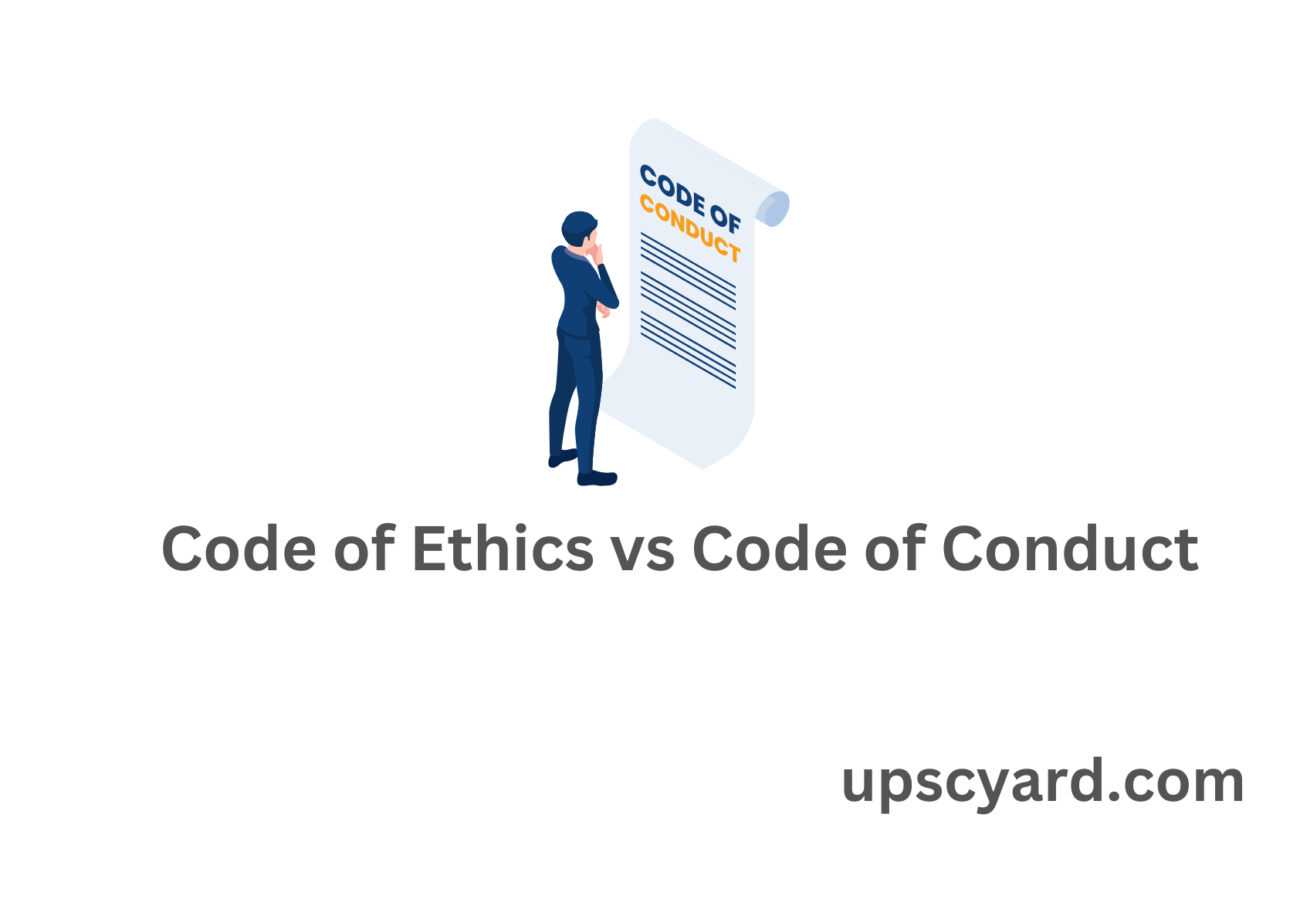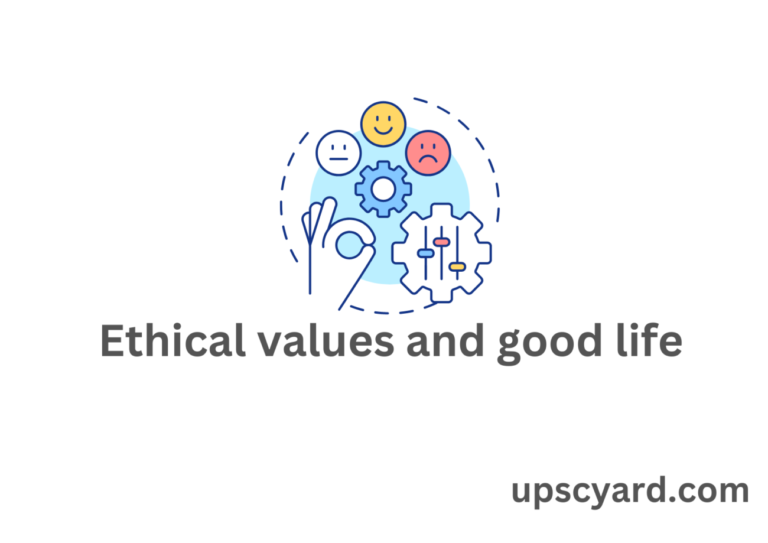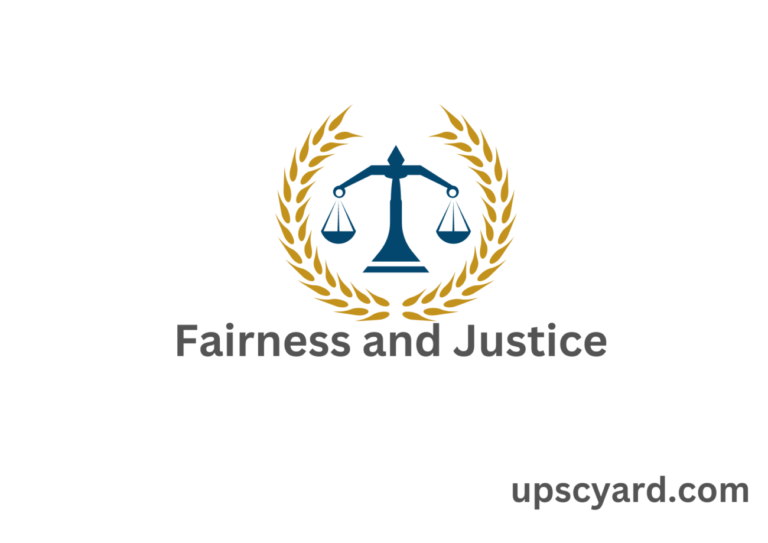Code of Ethics vs Code of Conduct
A code ethics is akin to conduct. Both are sets of professional principles to steer an organization’s members.
However, there are subtle disparities: Ethics ensure sound, unclouded judgment. For instance, legal codes forbid lawyers from cases with conflicts or brokers trading against clients.
Conduct guides specific employee actions. It includes norms like punctuality and accuracy. Most companies implement a code of conduct to maintain professionalism and reduce friction among employees.
| Aspect | Code of Ethics | Code of Conduct |
|---|---|---|
| Purpose | Guide members’ behavior based on principles | Direct specific actions of company’s employees |
| Focus | Sound and unclouded judgment | Professional behavior and norms |
| Examples | Lawyers avoiding conflicts of interest | Punctuality, accuracy, and other work-related norms |
| Application | Applied to decision-making and judgment | Applied to daily actions and conduct |
| Scope | Broader principles and moral guidelines | Specific rules and guidelines |
| Function | Ensures ethical decision-making | Ensures consistent employee behavior |
| Importance | Upholds the organization’s values and integrity | Maintains professionalism and reduces friction |
An instance of a Code of Conduct violation involves Justice CS Karnan during his tenure as a Judge at Calcutta High Court. It’s important to note that this example pertains to his actions during that period, not necessarily this specific instance.
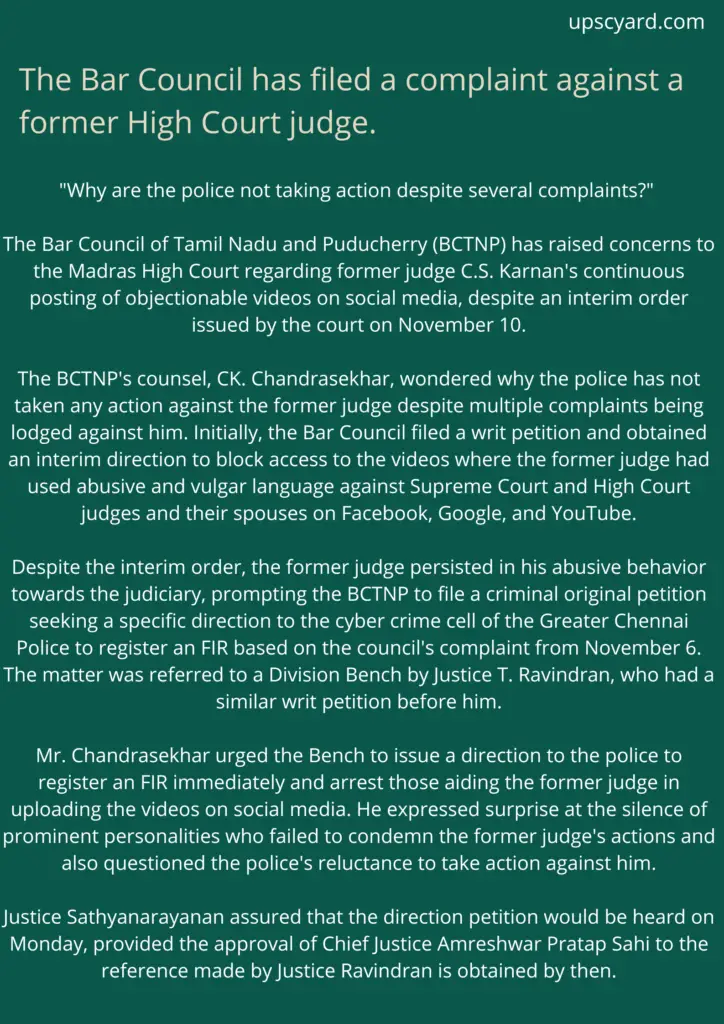
Mains Question GS4
Young people with ethical conduct are not willing to come forward to join active politics. Suggest steps to motivate them to come forward. (150 Words, 10 Marks) UPSC 2017
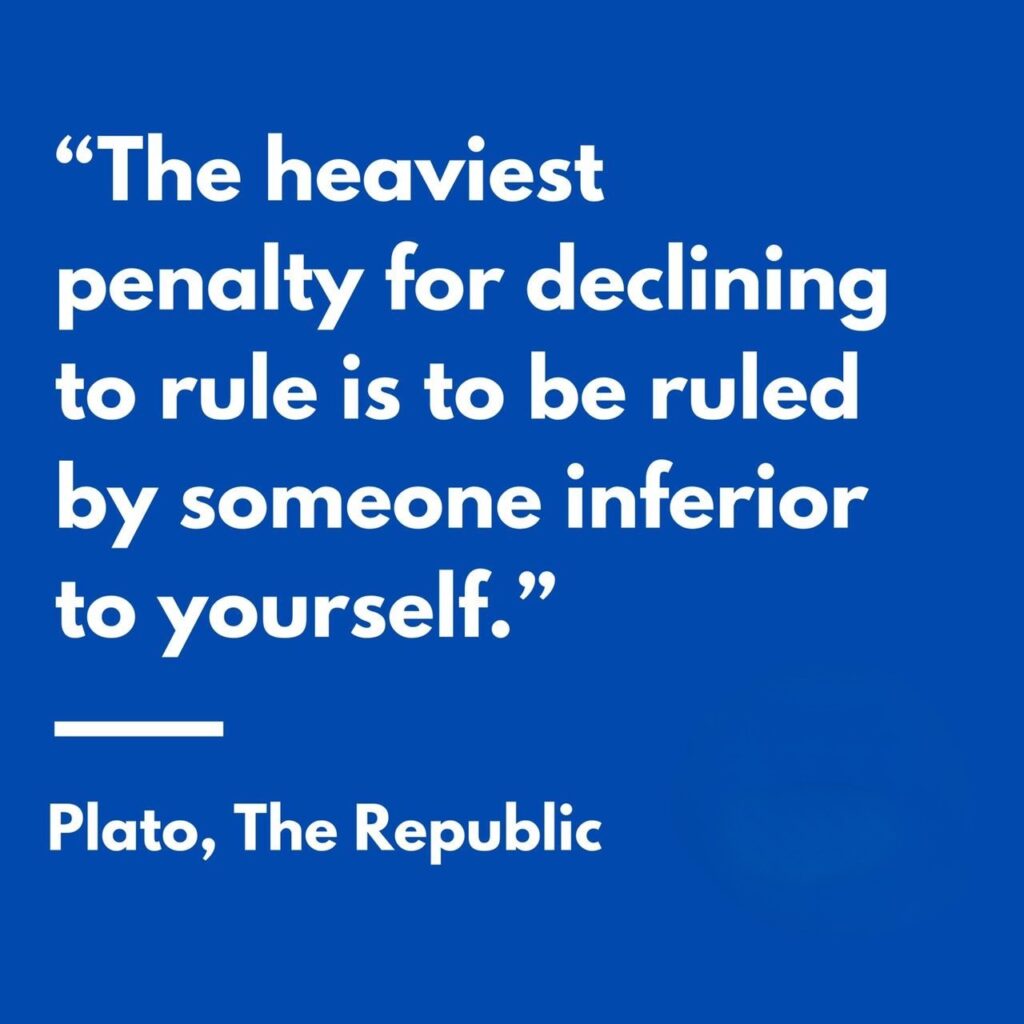
A good quotation to use in the introduction for a question like this
Answer
“The heaviest penalty for declining to rule is to be ruled by someone inferior to yourself.” – Plato
The reluctance of ethical and promising young individuals to actively participate in politics can be attributed to several reasons, including disillusionment with the current political landscape and concerns about corruption. To encourage their active involvement, certain crucial measures can be taken.
Firstly, it is crucial to foster transparency and accountability in the political system. Implementing measures to combat corruption and ensuring fair and unbiased political processes will instill trust and confidence in aspiring young leaders.
Secondly, creating platforms for youth participation and representation is essential. Encouraging youth-led initiatives, promoting policies that address the concerns of young people, and reserving seats for young candidates can empower them and give them a sense of purpose.
Thirdly, establishing mentoring programs and support networks can play a pivotal role. Connecting young aspirants with experienced politicians as mentors will offer guidance and prepare them for the challenges of politics.
Lastly, integrating education on civic responsibilities and political awareness into the curriculum is important. By instilling a sense of civic duty from an early age, young people will be more likely to view politics as a means to positively impact society.
By implementing these steps, we can create a more welcoming and inclusive political environment, motivating ethical young individuals to actively engage in politics and contribute their perspectives and ideas for the betterment of the nation.

